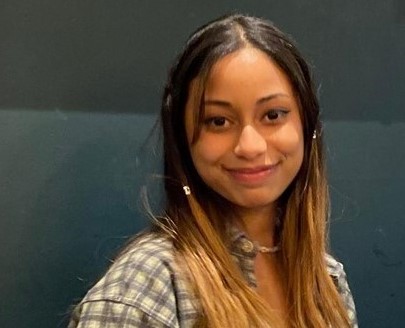Part of the ‘My Story’ series of reflections by Student Success Diversity Mark Officers.
After 7 years of residing in the UK and endless forms, application fees and waiting periods, I finally got my British citizenship this month. As a Malawian national, attaining a British passport is close to impossible. You would presume that Malawi, being a former colony but now a current member of Britain’s Commonwealth would be offered with a process that makes attaining British citizenship accessible for Malawians. This is not the case; the bags under my eyes and my empty wallet can assure you. This little anecdote reflects the disheartening post-colonial aftermath left in our hands, and tells a story of unbelonging. It sends a message to a young Malawian girl, that she must jump through all these hurdles to find her place in Britain. This sense of unbelonging seeps into every institution and isolates those that are not British from engaging in British life; this pinpoints my drive as a Diversity Mark Officer at my very own university. I have witnessed and experienced the damaging effects that a sense of unbelonging can cause, not just in the context of immigration, but in the university learning environment. I’ve felt a disconnect between my identity and my course content; again, a message that you do not belong here.
This is why I applied and was lucky enough to be offered a role as a Diversity Mark Officer, a role that aims to tackle that sense of unbelonging that myself and other non-British students experience. As a Sociology with Quantitative Methods and Computing student, I’ve been given ample tools to understand the social limitations that prevent a society from running in cohesion. With these tools, and as a Diversity Mark Officer, I have learnt that unbelonging disrupts social equilibrium by creating gaps in educational attainment carved by this sense of unbelonging, because students that do not see themselves and their voices in their course content, and struggle to engage with their degrees, preventing them from achieving their full potential. I know, and I have experienced first-hand, the difference in attainment when a space for belongingness was created for me. To illustrate; I had a brilliant lecturer in my third year of studies by the name of Professor Heejung Chung. A very passionate woman who ran a module called Gender, Work and Equality. She taught us about the realities of being a woman in the working world, and the limitations that they face with a focus on the Gender Pay Gap. She created a space for me, and other female identifying students in the course to connect with the content, and we felt so much more engaged because we could envision ourselves in everything she was teaching. My engagement was definitely reflected in my grades for her module compared to many of my other modules where I did not feel like a relatable narrative was being taught. A space for my story was created in Professor Heejung Chung’s module, and as a Diversity Mark Officer, I hope to help create this belonging space for other students too, so that they can reach their full potential.

